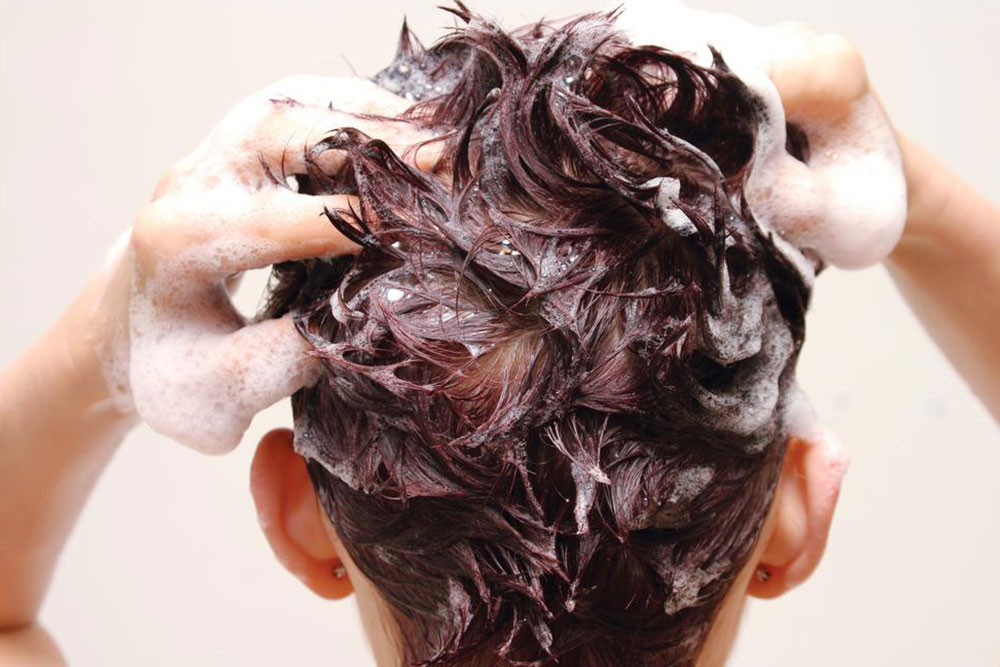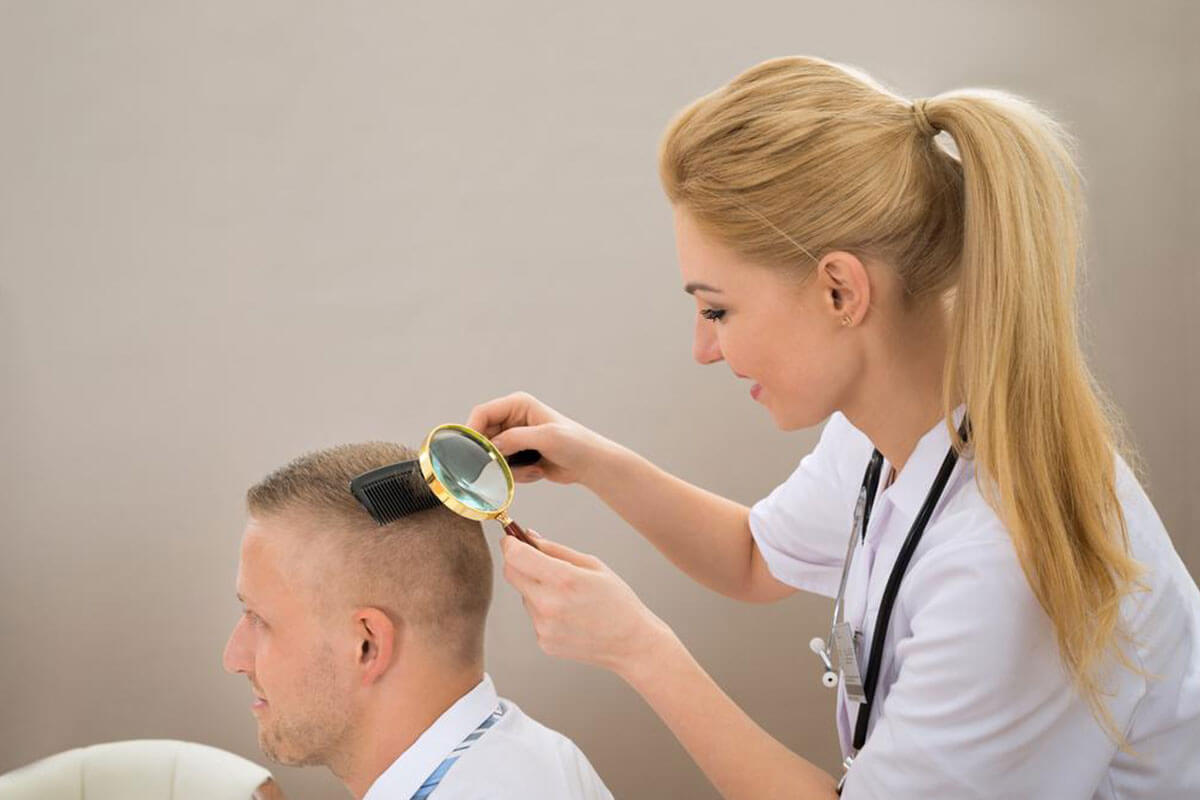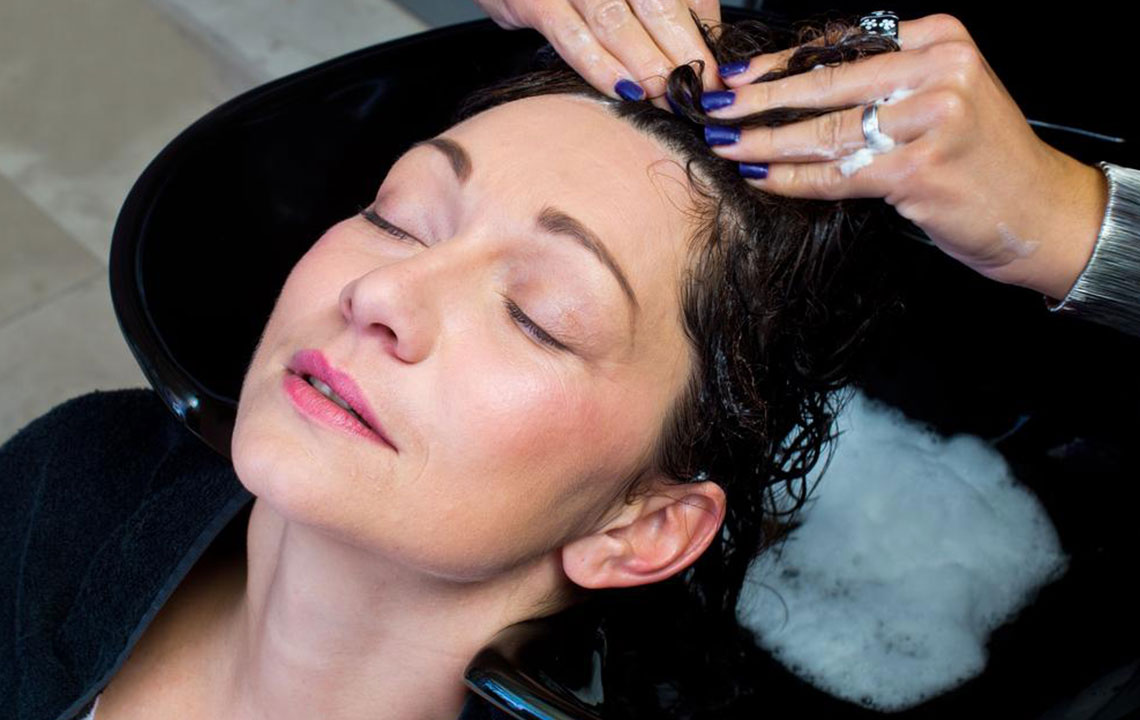Home Remedies for Managing Seborrheic Dermatitis on the Scalp
Discover effective home remedies to soothe and manage scalp seborrheic dermatitis. From boosting immunity to natural scalp care, learn how lifestyle and dietary changes can promote healthier skin. Always seek professional advice before starting any new treatment to ensure safety and effectiveness.

Natural Strategies to Alleviate Scalp Seborrheic Dermatitis
Dealing with seborrheic dermatitis on the scalp can be frustrating and often requires ongoing care. It's important to consult a dermatologist to identify your specific condition and explore suitable treatments. In addition to medical advice, several natural methods can reduce symptoms and support scalp wellness.
Strengthen Your Immune System Poor habits like inadequate sleep, inactivity, and high stress compromise your immune defenses. Prioritize 7-8 hours of restful sleep, regular exercise, and stress reduction techniques to bolster immunity.
Manage Dandruff Effectively Dandruff is a common symptom of scalp dermatitis, caused by various factors. Use anti-dandruff shampoos and nourishing masks with essential oils such as lavender, cedarwood, or tea tree oil. Always dilute tea tree oil with a carrier oil like coconut oil before use.
Adjust Your Diet Inflammation can aggravate skin conditions including scalp issues. Follow an anti-inflammatory diet rich in fresh fruits, vegetables, whole grains, probiotics, herbal teas, and healthy fats. Limit intake of refined sugars, processed foods, fried items, and known allergens.
Maintain Adequate Hydration Drinking sufficient water keeps your scalp moisturized. Reduce intake of dehydrating drinks like alcohol, caffeine, and sodas. Choose coconut water, fresh juices, smoothies, and herbal teas to enhance skin health.
Avoid Harsh Hair Products Chemical-heavy hair products can worsen dermatitis symptoms. Opt for natural or sulfate-free shampoos and conditioners that are free from parabens and sulfates to minimize irritation.
Always consult a healthcare professional before trying new natural remedies, especially if you have sensitivities or adverse reactions to certain ingredients.
Important:
This blog offers general informational content and does not replace professional medical advice. For accurate diagnosis and treatment, always consult a qualified healthcare provider. The information provided may not be current or complete, and the site cannot be responsible for discrepancies or outdated content. Certain offers or schemes may vary.


